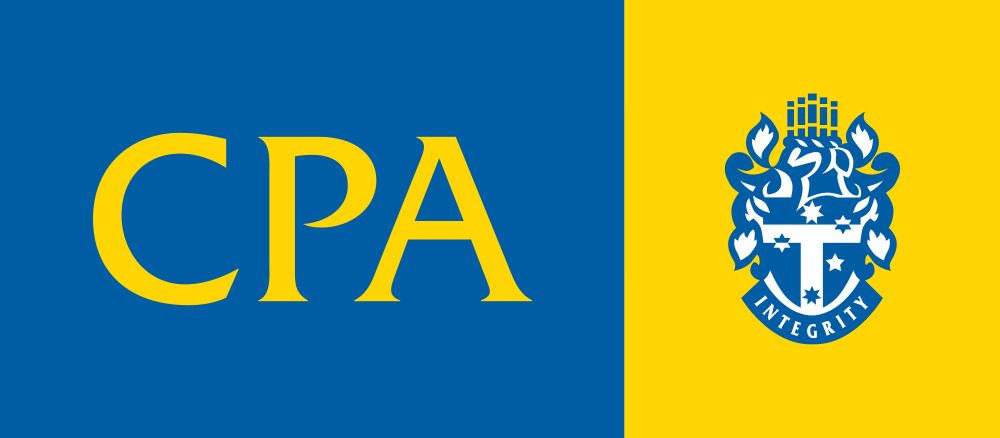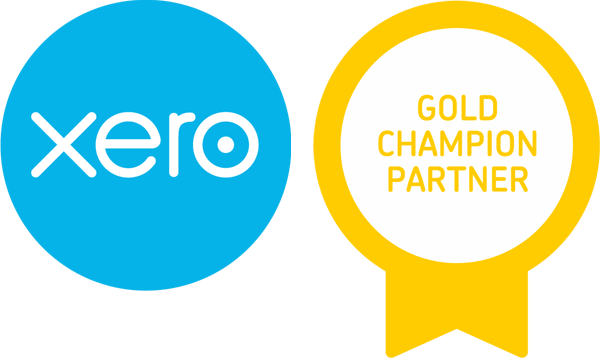2024 Tax Planning Tips
With 30 June fast approaching, now is the perfect time to start considering your current tax position and year end tax planning strategies. Whilst this looks different for each entity or person depending on their circumstances, outlined below are some actions that could be useful.
Maximise Superannuation Contributions
Contribute up to the concessional contribution cap to your superannuation fund to benefit from tax deductions and boost your retirement savings. Currently, the concessional caps are $27,500 which will increase to $30,000 from 1 July 2024. Also, be aware some taxpayers may be able to make higher concessional contributions depending upon their superannuation balance and their contribution history over the past five years.
Contribute to Spouse's Superannuation
Consider contributing to your spouse's super fund, especially if they have a low income or are not working, to qualify for a tax offset and potentially reduce your overall tax liability.
Review Investment Portfolio
Evaluate your investment portfolio and consider selling underperforming assets to realise capital losses that can offset capital gains tax liabilities.
Utilise Capital Gains Tax (CGT) Discount
If eligible, consider holding onto assets for over 12 months to access the CGT discount, which allows individuals to reduce their capital gains tax by 50%.
Claim Deductions
Ensure you claim all eligible deductions, including work-related expenses, self-education expenses, charitable donations, and investment expenses. Keep accurate records to support your claims.
Prepay Expenses
Business taxpayers can prepay deductible expenses such as insurance premiums, interest on investment loans, or professional memberships before June 30 to bring forward deductions.
Review Depreciation Schedule
For businesses, review your depreciation schedule and consider bringing forward asset purchases to take advantage of instant asset write-offs and accelerated depreciation deductions. Note the instant asset write-off reduced to $20,000 from 1 July 2023.
Small Business Tax Concessions
Small businesses can benefit from various tax concessions, including the instant asset write-off, simplified trading stock rules, and small business income tax offset. Take advantage of these concessions where applicable.
Review Structuring
Review your business structure to ensure it is tax-efficient. Consider restructuring if necessary to minimise tax liabilities and maximise asset protection.
Utilise Research and Development (R&D) Tax Incentive
If eligible, consider investing in R&D activities to qualify for the R&D tax incentive, which offers tax offsets or cash refunds for eligible R&D expenditure.
Review Fringe Benefits Tax (FBT) Implications
Assess any fringe benefits provided to employees and consider restructuring them to minimise FBT obligations.
Review Salary Sacrifice Arrangements
Evaluate your salary sacrifice arrangements, especially for items such as laptops, cars, or super contributions, to maximise tax benefits.
Utilise Family Trusts and Companies
Explore opportunities to distribute income among family members using family trusts and companies to manage tax liabilities effectively.
Maximise Government Grants and Incentives
Investigate and take advantage of government grants, incentives, and rebates available for specific industries or activities, such as energy-efficient investments or hiring apprentices.
Seek Professional Advice
Engage with a qualified tax advisor or accountant to review your financial situation and develop tailored tax planning strategies to optimise your tax position before the end of the financial year.
It is important to assess each strategy in the context of your individual or business circumstances and seek professional advice to ensure compliance with tax laws and regulations. Please contact us if you would like to discuss tax planning strategies and how these might look for you or your business.




